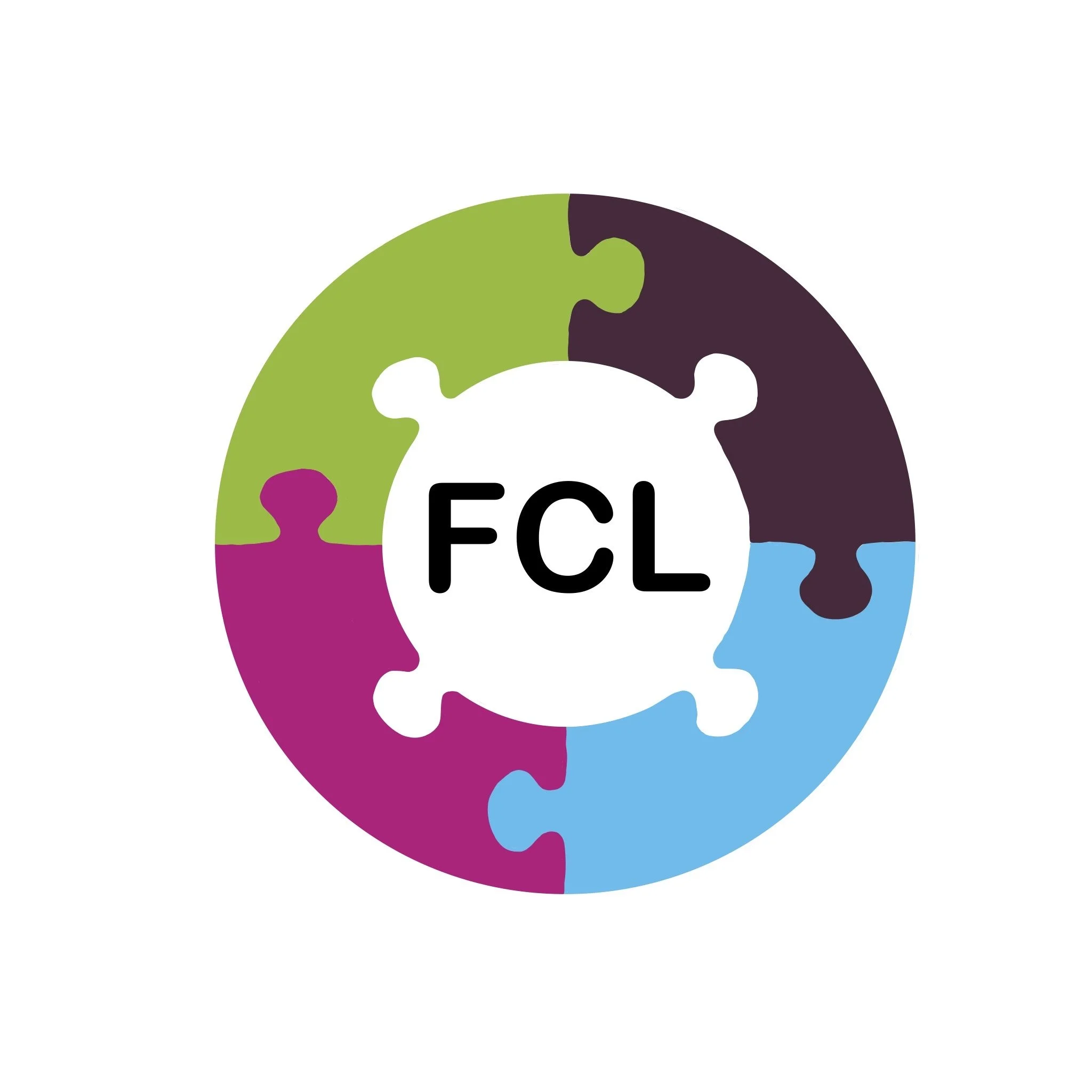Updating the Commons Registers
The Commons Registration Act 1965 provided for the registration of common land and rights of common. Its effect was to crystallise the position as at 1970 when the registration period closed. Due to the inability to amend or add entries once finalised, the commons registers contain many errors.
The Commons Act 2006 rectifies this to some degree by allowing hitherto unregistered common land and rights to be registered and some errors to be corrected. This information outlines the process for updating the commons registers. The guidance given here is very brief; this is a complex area of the law and the information on this toolkit should not be used as a substitute for professional advice. Defra also have detailed guidance notes available.
Implementation of the Commons Act 2006
The Commons Act 2006 received Royal Assent in July 2006. Not all sections of the Act came into force in 2006, with some sections coming into force in certain counties before others. Part 1 of the Act first came into force on 1 October 2008 in seven counties in England. Part of the implementation involves a transitional period during which certain amendments are possible. However, these are not allowed or are at the registration authority’s discretion thereafter.
There are three main groups of amendments;
Amending the register due to events occurring before Part 1 commenced
Amending the register due to events occurring after Part 1 commenced
Correcting errors in the registers
Historic events
Historic events are those that occurred before Part 1 commenced. Schedule 3 of the Commons Act 2006 is the primary legislation. For more information about updating the register according to these events, click below.
New events
For information about updating the Register due to events which occurred after Part 1 commenced, click below.
Errors on the Register
Schedule 2 of the 2006 Act provides for the circumstances when errors on the Commons Register can be corrected. For more information, click below.
Further Information and Signposting
Defra’s common land web pages, where various guidance documents are located.
The Planning Inspectorate, on the Government website also offers significant guidance. All application forms for amending the Commons Register can be found here.
The registration authority, which is usually the County Council, can provide further local information. Forms are usually customised by the authority and are often available from their respective websites. Some applications are free but most must be accompanied with a fee which is set and published by the commons registration authority.

